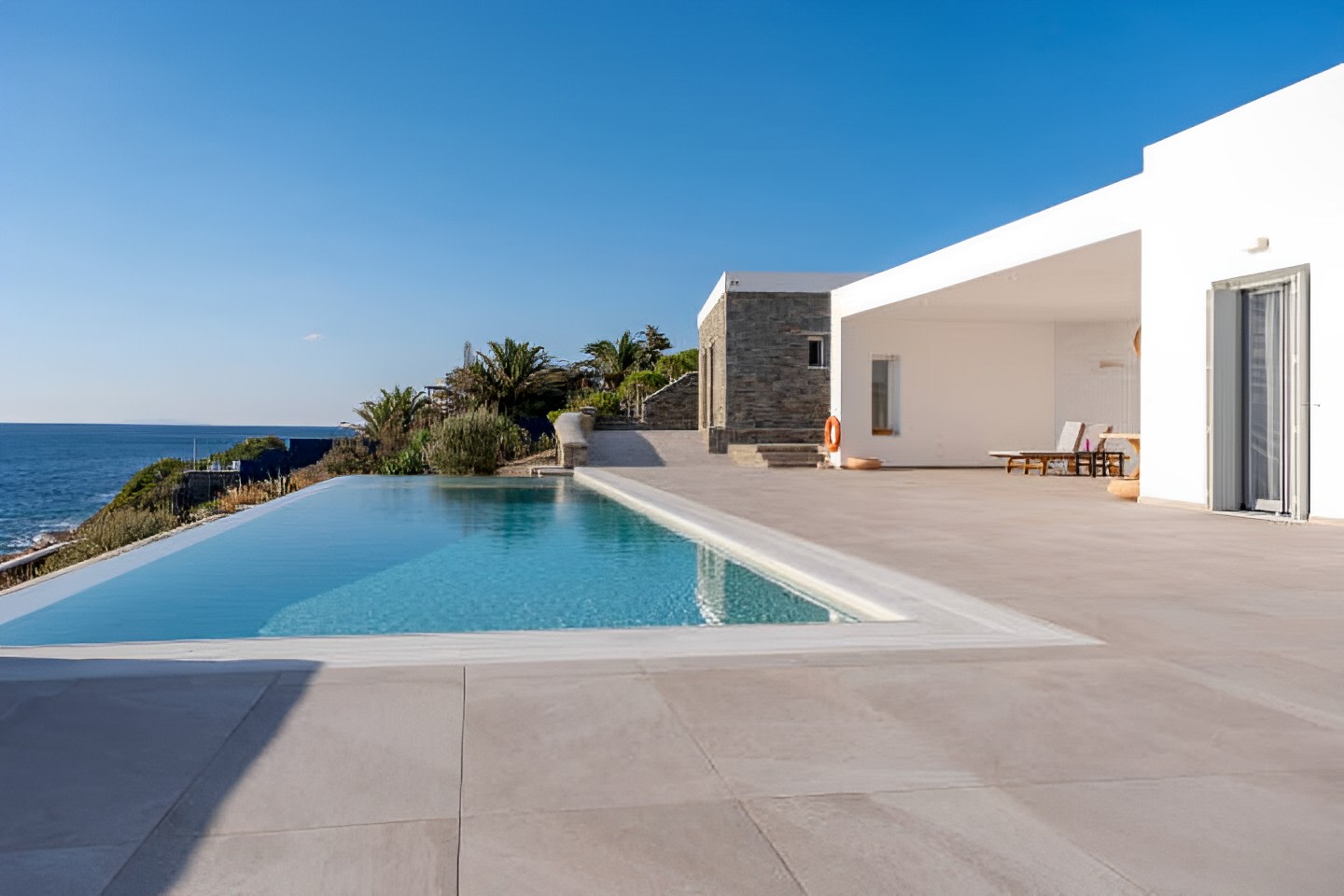
Airbnb’s Impact on Ghana’s Long-Term Rental Market
The emergence of Airbnb, a global online platform that facilitates short-term lodging rentals, has revolutionized the hospitality and accommodation industry worldwide. In Ghana, as in many other countries, Airbnb has made a significant impact on the traditional long-term rental market, bringing about both opportunities and challenges for landlords, tenants, and the broader real estate sector.
The Rise of Airbnb in Ghana:
Airbnb’s popularity in Ghana has grown steadily over the past decade. The platform allows property owners to list their homes, apartments, or spare rooms for short-term stays, catering to tourists, business travelers, and even locals seeking unique accommodation experiences. This rise in popularity can be attributed to factors such as increased tourism, the desire for authentic travel experiences, and the potential for property owners to generate supplementary income.
Impact on Traditional Long-Term Rentals:
The introduction of Airbnb has had several notable effects on the traditional long-term rental market in Ghana:
- Supply and Demand Dynamics: As property owners opt to list their properties on Airbnb for short-term stays, the availability of units for long-term rental contracts may decrease. This reduced supply can lead to increased demand for existing long-term rental units, potentially resulting in higher rental prices.
- Price Competition: The presence of Airbnb can create price competition between short-term and long-term rental offerings. Some landlords may find it more financially appealing to rent out their properties on a short-term basis through Airbnb, which could impact the affordability of long-term rentals.
- Flexibility for Landlords: Airbnb provides landlords with the flexibility to switch between short-term and long-term rentals based on market conditions and personal preferences. This flexibility can make it challenging for tenants seeking stable, long-term housing options.
- Local Community Concerns: The proliferation of Airbnb listings in certain neighborhoods can raise concerns about the commercialization of residential areas, increased noise levels, and changes in the character of communities.
- Regulatory Challenges: The rapid growth of Airbnb has prompted discussions around regulations and zoning laws in Ghana. Local authorities may need to adapt regulations to address the evolving landscape of short-term rentals.
- Economic Benefits: On the positive side, Airbnb can contribute to local economies by stimulating tourism and providing homeowners with additional income. This can have a ripple effect on related industries such as hospitality and retail.
Future Implications:
As Airbnb continues to evolve and shape the rental market in Ghana, it is important for stakeholders to consider the potential long-term effects:
- Balancing Regulations: Striking a balance between supporting the growth of platforms like Airbnb and ensuring fair competition with traditional long-term rentals requires thoughtful regulation that considers the needs of various stakeholders.
- Housing Affordability: Policymakers and industry players must assess the impact of Airbnb on housing affordability and explore strategies to ensure a healthy balance between short-term and long-term rental options.
- Innovation in Long-Term Rentals: The rise of Airbnb has prompted some landlords to reconsider their long-term rental offerings, leading to innovations such as furnished apartments, improved amenities, and enhanced property management services.
In conclusion, Airbnb has undeniably disrupted the traditional long-term rental market in Ghana, introducing new dynamics and considerations for property owners, tenants, and policymakers. While it has brought opportunities for income generation and unique accommodation experiences, it also presents challenges that require careful monitoring and thoughtful regulation to ensure the sustainability of both short-term and long-term rental sectors.






